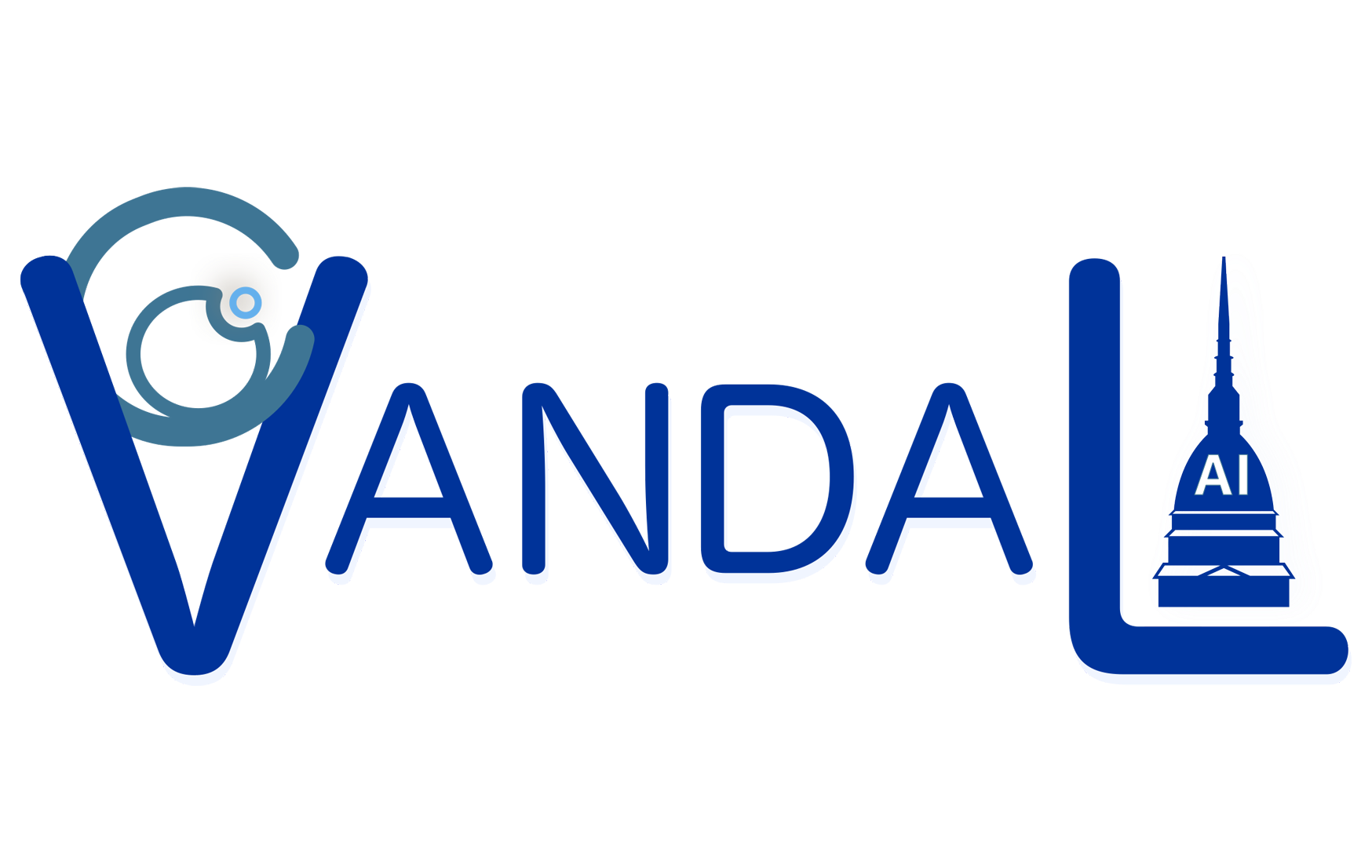🌟✨Exciting News ✨🌟We’re thrilled to announce that the VANDAL Laboratory contributed to CVPR2024 with SIX accepted papers! Congratulations to our phenomenal team and all the collaborators for their hard work and dedication. 🏅 A special mention goes to Gabriele Trivigno, first author of a Highlight paper! Seattle, here we come 🛫 <img width="712" height="401" src="https://vandal.polito.it/wp-content/uploads/2024/04/photo_2024-04-26_14-30-53-1024x576.jpg" … Continue reading Accepted papers at CVPR 2024!
VANDALs at JustWomanIAm
☔ 🌸 Rain or shine: VANDAL Laboratory braved the rain on March 3rd to join the incredible JustWomanIAm 5 km run alongside our fellow researchers & citizens. At VANDAL Laboratory, we believe in fostering a culture of inclusion and gender parity. That's why we proudly support this annual event, which brings together the vibrant Turin … Continue reading VANDALs at JustWomanIAm
A&T – Automation & Testing Fair
? Exciting updates from the VANDAL Laboratory! From February 14 to 16, our talented PhD students Simone, Gabriele and Christian represented us at the DAUIN - Politecnico di Torino stand during the A&T - Automation & Testing Fair. ? Simone Alberto Peirone unveils the understanding of human activity videos through different skills and perspectives with … Continue reading A&T – Automation & Testing Fair
AI PhD Graduates: Congratulations!
? We are thrilled to extend our congratulations to Antonio Tavera, Fabio Cermelli, Mirco Planamente, Silvia Bucci and Dario Fontanel who have successfully earned their PhDs in Artificial Intelligence from Politecnico di Torino! ? As you embark on new journeys, let the skills and knowledge gained during your time here at the VANDAL Laboratory continue to fuel innovation … Continue reading AI PhD Graduates: Congratulations!
VANDALs in Tel Aviv for ECCV22
At the end of October, the VANDAL lab flew to Tel Aviv for attending the European Conference on Computer Vision (ECCV) 2022: a wonderful occasion to connect with brilliant researchers from all over the world! Discover the presented articles: Improving Generalization in Federated Learning by Seeking Flat Minima. Debora Caldarola*, Barbara Caputo, Marco Ciccone*. Read … Continue reading VANDALs in Tel Aviv for ECCV22
VANDALs @ CVPR 2022
Discover the new articles published by the VANDAL group to CVPR (Conference on Computer Vision and Pattern Recognition) 2022: Deep Visual Geo-localization Benchmark. Oral.Gabriele Berton, Riccardo Mereu, Gabriele Trivigno, Carlo Masone, Gabriela Csurka, Torsten Sattler, Barbara Caputo.E2(GO)MOTION: Motion Augmented Event Stream for Egocentric Action Recognition. Chiara Plizzari*, Mirco Planamente*, Gabriele Goletto, Marco Cannici, Emanuele Gusso, … Continue reading VANDALs @ CVPR 2022
VANDALs in the organization of I-RIM 2021
This year the third Italian Conference on Robotics and Intelligent Machines (IRIM) has been organized by the VANDAL group of the Politecnico di Torino, together with the Campus Biomedico in Rome. Moreover, Professor Barbara Caputo was the General Chair of the Conference, together with Professor Eugenio Guglielmelli. A successful event, with more than 150 on … Continue reading VANDALs in the organization of I-RIM 2021
VANDALs on the podium of the EPIC KITCHENS Challenge
EPIC-KITCHENS [1] is the largest-scale egocentric dataset collected by 32 participants in their native kitchen environments, and densely annotated with actions and object interactions (125 verb classes and 331 noun classes). The dataset is aligned with six challenges: action recognition (full and weak supervision), action detection, action anticipation, cross-modal retrieval (from captions), as well as … Continue reading VANDALs on the podium of the EPIC KITCHENS Challenge
Data, AI e Robotica @ PoliTO
Research, technology transfer and support to companies on the fundamental issues of Big Data, Artificial Intelligence, robotics and the digital revolution As part of the AI-Hub @ Politecnico di Torino, our lab took part in the workshop "Dati, AI e Robotica @ PoliTO". The workshop illustrated the initiatives and skills of the Centers of the … Continue reading Data, AI e Robotica @ PoliTO
VANDALs contribute to ECCV 2024 organization
The European Conference on Computer Vision (ECCV) is one of the three top conferences in Computer Vision, alongside the International Conference on Computer Vision (ICCV) and the Conference on Computer Vision and Pattern Recognition (CVPR). It is held every two years, alternating with ICCV. Its proceedings are published by Springer Science+Business Media. The VANDAL Lab … Continue reading VANDALs contribute to ECCV 2024 organization
